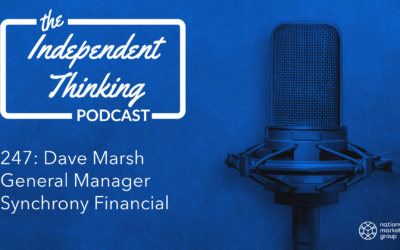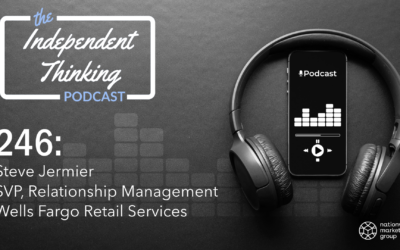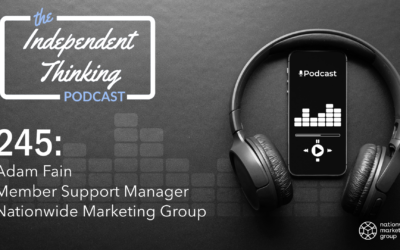With holiday shopping now in its final month, how are shoppers really feeling about spending this year?
Survey firm Morning Consult found that 52 percent of holiday shoppers with an annual income of $100,000 or more feel they can “easily afford” holiday expenses in 2024. In the $50,000 to $99,900 range, only 33 percent reported being able to afford those holiday bills. And below $50,000, less than one fifth (18 percent) are confident about holiday spending this year.
The residual effects of inflation appear to be the chief culprit limiting the affordability of shopping this holiday season. Yet consumers are still willing to go into debt for the holidays. In fact, 20 percent of those surveyed claimed they will go into debt this year. And 23 percent are still paying off bills from last year’s purchases.
Going into holiday debt is a choice that can unfortunately impact consumers for years to come, with current credit card average APR rates of 20.50 percent. This is only down slightly from the record high 20.79 percent in August 2024. For consumers only paying the minimum on their statement each month, that interest will continue to accumulate and further inflate the price of those presents.
Of course, not everyone is shopping for gifts right now. In a study conducted by Splitit and Pymnts, 40 percent of respondents plan to self-gift this year. And more seasonal shoppers are looking to avoid going into debt, whether they buy for themselves or others. One increasingly available alternative is BNPL (buy now, pay later).
According to Nerd Wallet, BNPL allows you to “make a purchase and receive it immediately but pay for it at a later time, usually over a series of installments” — with the first payment due at checkout. Like a credit card, not all plans are created equal, so reading the fine print is crucial for consumers considering any “buy now, pay later” opportunity. For example, some plans are interest free, while others charge low interest rates and/or fees. And, while most plans conduct a soft credit check that won’t impact credit scores, some may involve a hard check.
As might be expected, the top reason most consumers choose a BNPL plan is to better manage finances, according to the Splitit and Pymnts study. And nearly half are looking to stretch that holiday budget over several months.
For retailers, this could be a prime opportunity to acquire new customers, with 43 percent of shoppers interested in shopping where BNPL plans are available. Besides the typical clothing and accessory purchases over the holidays, consumers are also looking to finance more luxury purchases like furniture, electronics and vehicles.
How much consumers will spend this year is still up in the air, but one thing is clear — more are looking to optimize their budgets and avoid substantial debt, while still prioritizing those wish list items.




